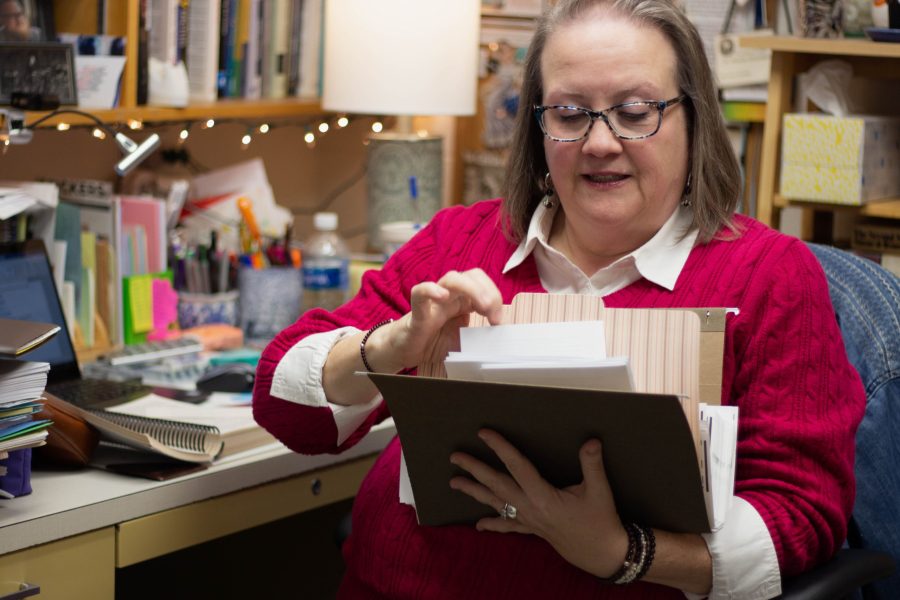March 1 begins the annual celebration of Women’s History Month, as designated by presidential proclamation in 1995.
This March is also the 32nd anniversary of the law passed by Congress under President Ronald Reagan declaring March as Women’s History Month in the United States. Dr. Brenda Schoolfield, chair of the Division of History, Government and Social Sciences, said she believes that a month to celebrate women’s accomplishments is a month well spent.
“There is certainly reason for anybody to celebrate what women have done in history and throughout history,” Schoolfield said. “To ignore what women have contributed to society is to ignore half of the population.”
The celebration of Women’s History Month is spearheaded by the National Women’s History Alliance. Each year, they have a special theme of commemoration. Past years’ themes have included honoring women in government and public service, women in business and labor as well as women veterans, anti-discrimination activists and advocates for survivors of human trafficking.
This year’s theme is the “Valiant Women of the Vote,” in honor of the 100th anniversary of the passage of the 19th amendment in the U.S., which protects women’s right to vote in the U.S.
The theme will honor not only those in the original suffrage movement in the U.S. but also those who fight today for the voting rights of others.
Schoolfield said early suffrage movement leaders saw the need for the right to vote as the key to getting other reforms accomplished. Women were active in reform movements such as abolition and the temperance movement, which argued to limit or outlaw alcohol consumption and production.
“When [Elizabeth Cady Stanton] initially proposed [women’s right to vote], Susan B. Anthony said, ‘They’re going to think we’re ridiculous. But if we don’t . . . call for the vote, what power do we actually have?’” Schoolfield said. “They worked tirelessly and of course passed away before they saw the fruits of their efforts.”
The commemoration of Women’s History Month began as a Women’s History Week in 1982, but Schoolfield says its origins go back even farther than that.
“Women’s History Month goes back to International Women’s Day, which is March 8,” Schoolfield said. “It was first celebrated in the early 1900s.”
Schoolfield said women in the U.S. began to celebrate International Women’s Day beginning in the 1960s, followed by the United Nations in the 1970s.
“Women’s contributions to society and culture have often been . . . not valued as much because they don’t get money for it,” Schoolfield said. “Women bear still the bulk of the responsibility for the unpaid labor that is required, that’s necessary, for our culture to exist and continue.”
Schoolfield said she looks up to all the nameless women in history, such as schoolteachers and nurses.
“Men have to work too, but women’s work is something that has been overlooked as not as important,” Schoolfield said. “Thus, we’ve had kind of an incomplete history of humanity. So, focusing on what women have accomplished gives us a [fuller] picture of where we have come from and how we got to where we are now.”
Schoolfield recommends looking up women in different fields, such as science, math, the military or social work, to celebrate Women’s History Month, as well as reading Esther and Ruth or studying other women in Scripture.
“Even talk to the women in your family,” Schoolfield said. “Talk to your grandmother. If you’re lucky enough to have a great-grandmother around, talk to your great-grandmother. I think that will give you a richer picture of what life [was] like for your family.”























































